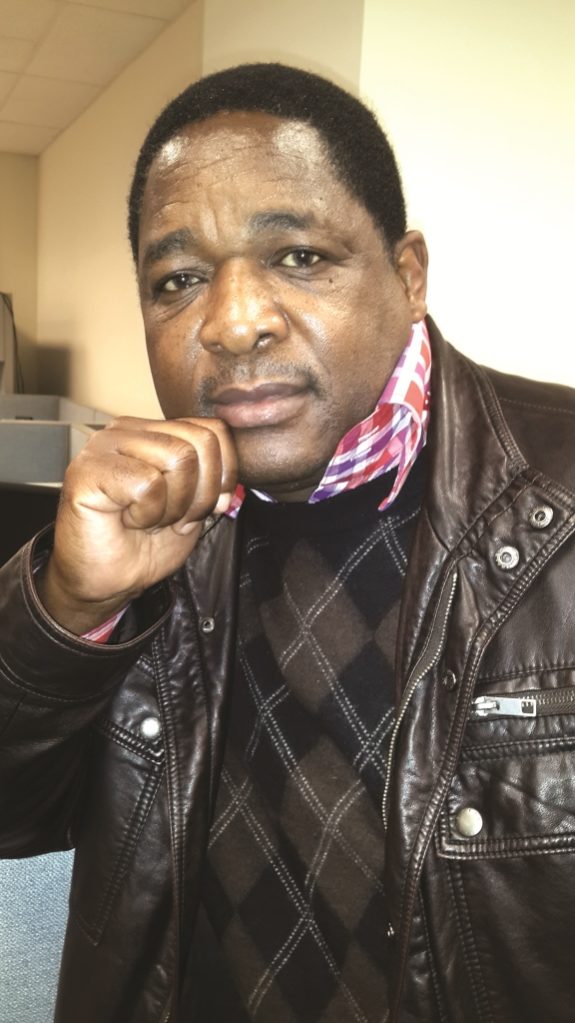It is not often that a jovial call from an old friend in the African night brings back chilling memories of brutality that could have shamed the devil. It came from Washington; from fellow journalist Ray Choto – a man who was prepared to die, at the hands of his own people in his own land, to protect his sources. The kind of journalist everyone should want to be.
The unexpected call sent my mind racing back to January 1999 and nine days of sun and torrential rain that dripped with dark deeds.
Choto and Mark Chavunduka wrote a story for their newspaper, the Sunday Standard in Harare, claiming that there had been a coup attempt. Senior military sources told them that 23 soldiers, including seven officers, were under lock and key.
The government was enraged but, instead of refuting it, or writing a lawyer’s letter to the Standard, sent soldiers to clap Choto and Chavunduka in handcuffs and leg irons. They were kept for what Choto called “nine days of hell”. Soldiers stripped them, blindfolded them, beat them with planks, kicked them in the kidneys and shoved their heads in drums of water.
For days we pumped out the story, day and night from Harare and pestered the authorities. What makes me sick to my stomach is that everyone in power knew where the two were, but no one had to guts to leak it. It sticks in my craw even more that if the journalists had been from the United States or Europe the story would have been at the top of world news and the battered young men would have been out before the sun went down.
Instead it was more than a week before we set eyes on Choto and Chavunduka; even then they were still in custody in the Magistrates’ Court. They were charged with an old colonial law, the Law and Order Maintenance Act, and released on bail. I can still see Chavunduka smiling as he saw me striding into the court on that sunlit day.
“Chris, what’s happening?”
“I thought you were going to tell us,” I laughed. A few minutes later the two shared another relieved smile as I waved them off in their car on their way to the Sunday Standard.
What did happen on those violent nights was no laughing matter. Back in his newsroom, Choto told, gesturing with his painful and swollen hands, how his torturers pushed live electric wires into his testicles. He was in so much pain he snapped the chain of his handcuffs.
The torturers were worried, at the end of their work, as the blood poured down the faces of the two young journalists; they feared Aids, Choto said. It had been raining heavily outside, so the torturers kicked their two young countrymen, naked, down a grassy bank to wipe off the blood.
To cap it all, the Supreme Court threw out the case against the two on constitutional grounds. A letter to the editor would have saved everyone pain, shame, money and trouble. The journalists believed their ordeal was a warning to the independent press.
Choto flew to London for psychological and physical repair. He took a fellowship at Stanford University, California, before joining the Voice of America in Washington. In 2002, he went home to visit his family where a military source told him to get out fast; his family agreed. He hasn’t set foot in Zimbabwe for more than 15 years and missed his mother’s funeral in May 2010; a thorn in his heart, he says.
Chavunduka died young in 2002; friends agree his ordeal hastened his demise.
When I spoke to Choto on that night call, we chuckled through our reminiscing. We talked of hardship and lost friends, in the robust way journalists do, that’s how we live with the pain.
For me, I will always think of the smiling Choto and Chavunduka, bathed in that summer light, as they drove from court with broken bodies and many nightmares to come. How many journalists pay this high price for principle? I wonder why Africa breaks its youngest and brightest on the wheel.
